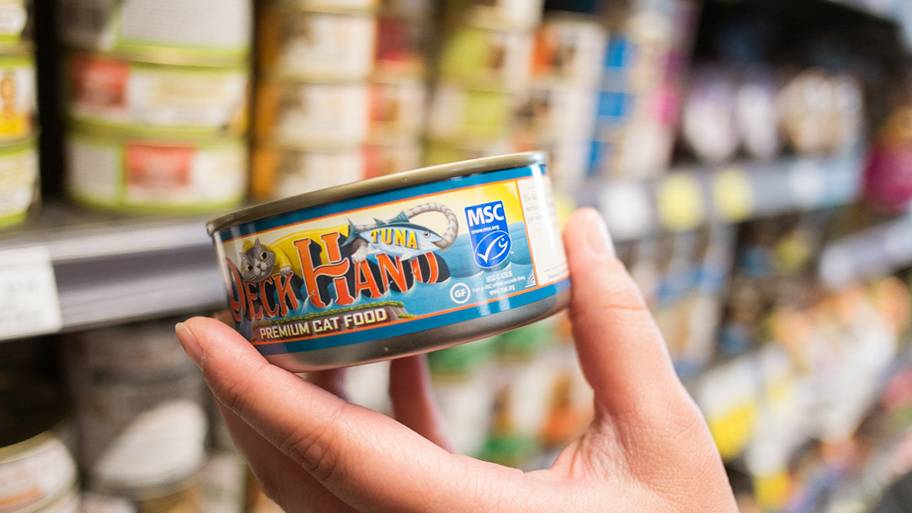The Role of Seafood
To say that seafood is important is an understatement. Globally, fish provides about 3.2 billion people with 20 percent of their animal protein intake. Yet in the United States, seafood makes up only a small portion of the average American diet, despite recommendations by the American Heart Association to eat at least two servings of fish weekly. Seafood is also shown to have a lower carbon footprint than any other protein, so there are environmental benefits in addition to health benefits of seafood consumption. In order to have a sustainable supply of seafood, we need to each do our part to ensure the ocean is healthy, too.
Choosing sustainable seafood is a simple way to make a lasting impact on ocean health. But what is sustainable seafood, and how can you know you’re buying it? Sustainable seafood means leaving enough fish in the ocean and protecting the surrounding ecosystem in order to be able to fish indefinitely.
Seafood Certification
Seafood companies are achieving this by seeking third party certifications, like the Marine Stewardship Council (MSC) sustainable fisheries certification. The MSC is a global nonprofit working with fishermen, seafood companies, retailers, and restaurants to make wild-caught, certified sustainable seafood easily available to Americans at a range of price points across the country.
Seafood companies that are certified can use the MSC blue fish logo on packaging to represent that the fish was responsibly caught and shoppers can trust that it is helping to keep the ocean healthy. In the United States alone, there are more than 1,900 products in stores that are MSC-certified, and can be found at the fresh fish counter, freezer section, canned aisle, and even the pet and supplements sections. There are MSC certified options for every budget, palate, and member of the family (yes, even your furry friend). Buying MSC certified products means you’re supporting companies and communities who are protecting the ocean for future generations. Next time you shop for canned tuna, fish sticks, or salmon fillets, look for the MSC blue fish to know your purchase can make a lasting and positive impact on our one shared ocean.
This article was originally published in the "Modern Wellness Guide"


